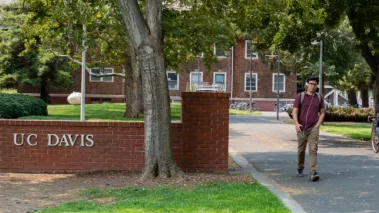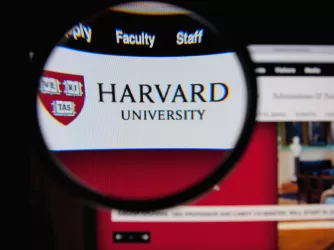Table of Contents
UC Davis law professor subjected to open records request over criticism of financial groups

A recent New York Times article highlights the peril state university professors may face from targeted open record requests over their writings and expression. The piece demonstrates the damage that burdensome open records requests can inflict upon the academic freedom of public university professors.
As with many of these incidents, this story begins with an outspoken professor’s criticism of a powerful industry group. This time, it’s University of California, Davis School of Law professor Dennis J. Ventry Jr.’s opposition to a free tax filing service offered by financial services companies such as Intuit and H&R Block. He argues that these services scam low-income taxpayers, and that Congress should reject company lobbying efforts to make the service a permanent Internal Revenue Service program.
Ventry’s writings earned him an open records request from the companies’ trade coalition “seeking everything Mr. Ventry had written or said about the companies this year, including emails, text messages, voice mail messages and hand-jotted notes,” according to the Times. UC Davis “estimated that it spent 80 to 100 hours complying with the request,” which “generated 1,189 pages of documents.”
This is a tactic FIRE has seen wielded against many professors whose writing and research discuss controversial issues. Professors who have studied climate science, religious liberty, and poverty programs, as well as those who have challenged state political parties and formerly worked for conservative think tanks, have all face politically-motivated fishing expeditions from groups irked by their expression. Such requests deter faculty from delving into hot-button issues, chilling academic inquiry and fruitful avenues of innovative research. While open records laws serve the laudable purpose of enhancing transparency and accountability in government, FIRE has long argued that when deployed against faculty, they must be carefully balanced against academic freedom.
To this end, we recommend states adopt FIRE’s model resolution and model exemptions on academic freedom and government transparency, which protects the private academic records of professors without blunting the salutary effect of sunshine statutes. We urge legislators to strike this balance in their states, else they leave their public university professors open to overly-broad open records requests.
Recent Articles
FIRE’s award-winning Newsdesk covers the free speech news you need to stay informed.

Revoking Harvard’s tax-exempt status will threaten all nonprofits

Grandpa’s advice for the new wave of American censors

FIRE POLL: Only 1/4 of Americans support deporting foreigners for pro-Palestinian views
